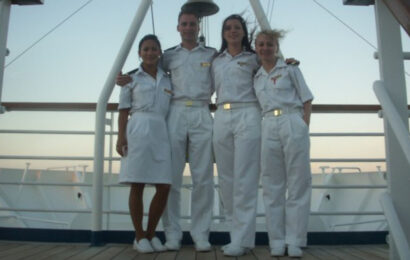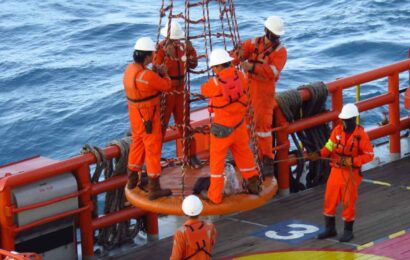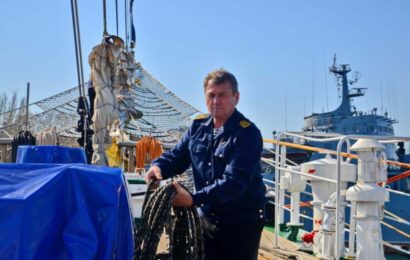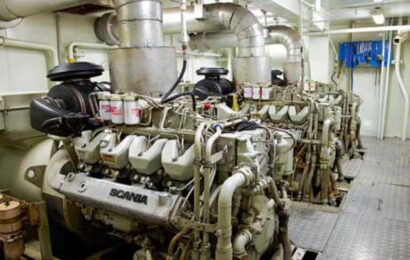
- Students: 8
- Duration: 25 hours
Initial training for cargo operations on oil tankers and chemical tankers
Team members and crew members who will have to receive/process/transport/unload cargo on oil tankers, chemical tankers should receive special training. This will enable them to perform their duties in a qualified manner, using the necessary equipment.
The purpose of the Basic Training for Oil and Chemical Tanker Cargo Operation is to provide the crew and crew members of the ships with the necessary initial training to handle cargoes using special equipment on board oil tankers and chemical tankers.
The objectives of the course are to achieve the minimum standard of competence provided by the students as required by the 1978 UDD convention.
- to perform official duties on oil tankers, chemical tankers;
- Be prepared to comply with the requirements for these tankers, established by the norms of international maritime conventions, legal acts of national legislation;
- to prevent accidents, accidents, injuries on tankers, to identify them, to take the necessary actions to eliminate adverse consequences.
The course is based on the 1978 PDNV Convention.
- The properties of tanker cargo;
- Safety measures in their processing, preventing pollution of the sea, the environment;
- How to act in case of emergencies;
- especially in the use of cargo equipment in operations on board an oil tanker, a chemical tanker.
Students are required to know:
- international and national regulations, regulations on which tankers operate;
- Guidelines (IMO and national) regulations governing the operation of tankers;
- tanker terminology;
- the main properties of the goods transported – oil, petroleum products, chemical products, liquefied gases;
- Rules and methods of controlling the dangerous properties of goods, calibration of devices;
- Rules for the use of security and personnel protection products;
- the main characteristics of equipping oil tankers, chemical tankers;
- Rules for the safe operation of cargo on tankers;
- Measures to prevent pollution from the sea and the environment;
- Fire-fighting regulations;
- How to act in case of alarm, emergency;
- procedures for first aid in case of accidents and injuries.
The listener needs to master the skills that allow:
- To carry out safe handling of bulk cargoes, to monitor its execution;
- use protective equipment, control devices, fire-fighting equipment, communications when interacting with the coast services;
- Assess the threats posed by production activities
- Do not allow pollution of the sea, the environment;
- organize the actions of the members of the ship’s crew in the event of an accident.
What requirements should the student of the course meet
To start work on an oil tanker, a tanker-chemistry, pre-training on the ship (if necessary – and on the shore) under the guidance of qualified specialists to get an idea of:
- what constitutes the processing of oil and chemical cargoes;
- What are the main properties of oil, liquid chemicals;
- what security measures should be followed when dealing with them.
A listener sent to the course of initial training for cargo operations on oil tankers, chemical tankers is required:
- Granting a diploma of maritime education;
- passing an approved fire training course using simulators.
The requirements for students are to reach the age of 18.





